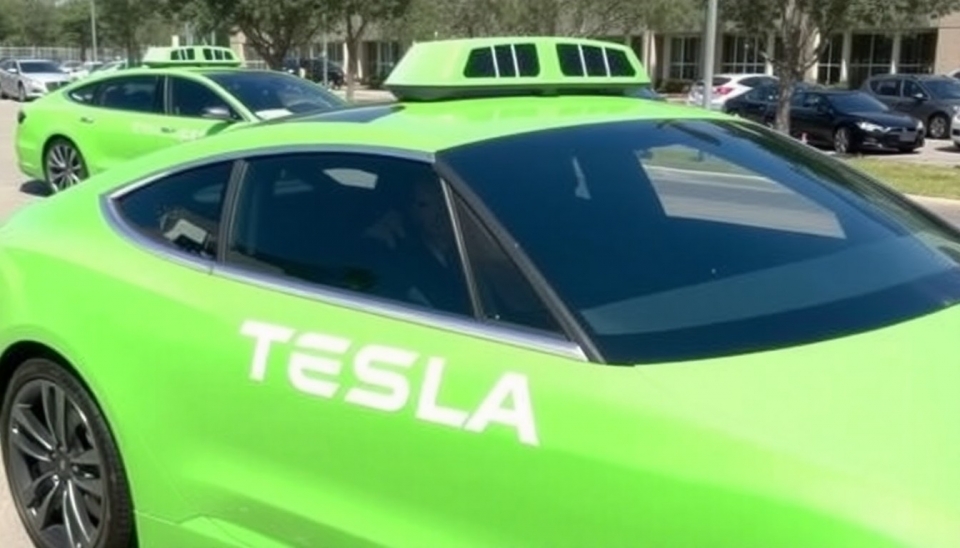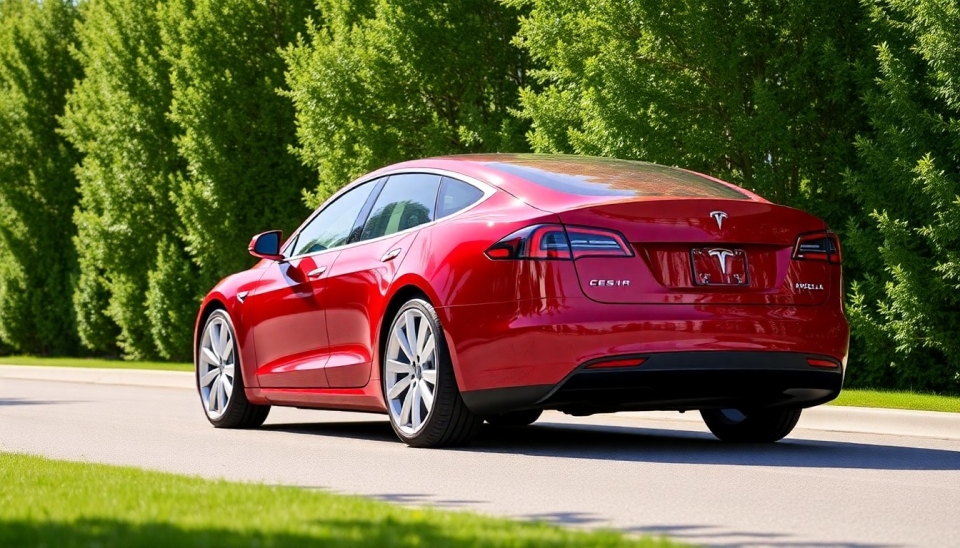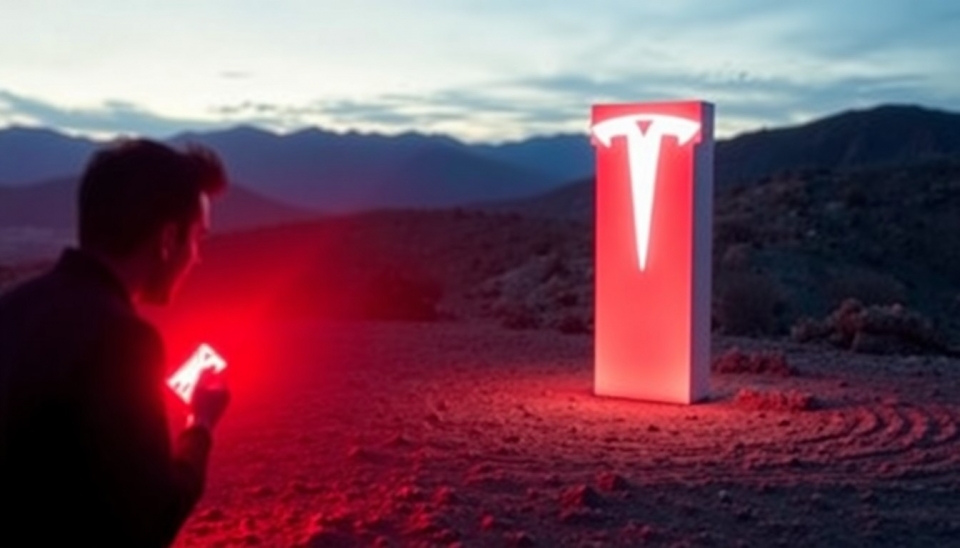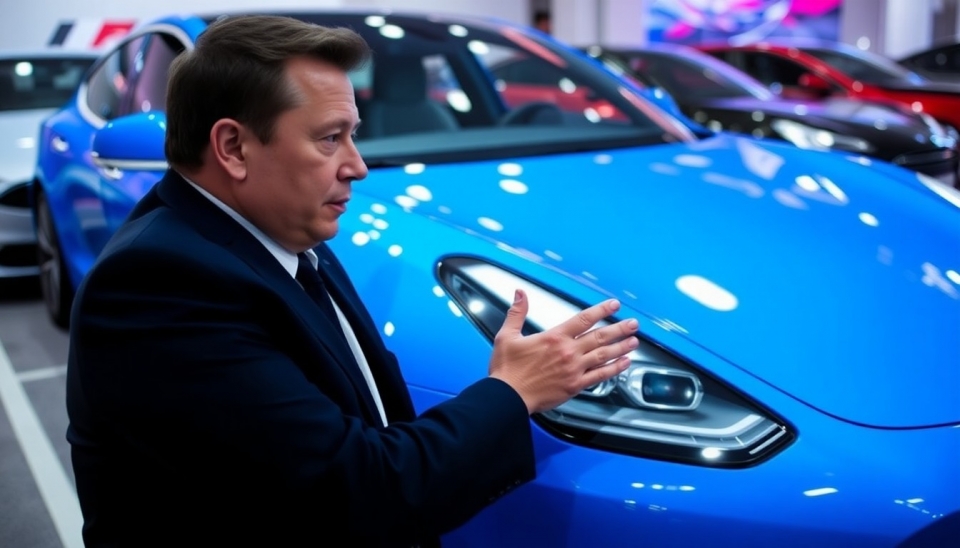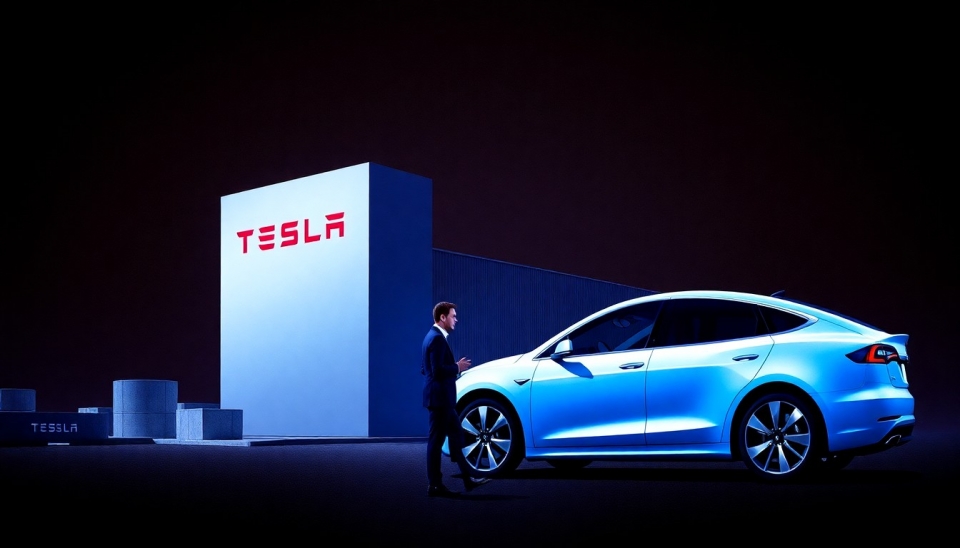
In a striking exploration of labor dynamics within two of the most influential companies founded by billionaire entrepreneur Elon Musk, new findings reveal a significant reliance on undocumented immigrant workers at both Tesla and SpaceX. This investigative report sheds light on the challenges and complexities faced by these workers, as well as the implications for one of the most celebrated innovators of our time.
At Tesla, the electric vehicle manufacturer that is revolutionizing the automotive industry, undocumented immigrants have been largely invisible, working in various capacities from assembly lines to logistical support. Many individuals have taken on these roles in an effort to secure a livelihood despite the precarious nature of their employment status. This has raised critical questions about labor practices in an industry widely praised for its forward-thinking technology.
SpaceX, the aerospace manufacturer propelled by Musk's vision of colonizing Mars, also employs a significant number of undocumented workers, often in roles deemed essential for the operations. These individuals contribute to the production of rockets and other key technologies that bolster SpaceX's ambitious goals. However, the reliance on such a vulnerable workforce could lead to a variety of legal and ethical challenges, particularly in light of the increasing scrutiny surrounding immigration policies in the United States.
The findings highlight a duality within Musk's enterprises. On one hand, they champion innovation, sustainability, and the promise of a future ruled by cutting-edge technology. On the other hand, they reflect a troubling aspect of the labor market where undocumented immigrants are striving for both economic stability and dignity in their work, often without the protections afforded to legal workers. This dichotomy presents a complex narrative that warrants deeper exploration.
While both Tesla and SpaceX position themselves as leading forces in their respective industries, the presence of undocumented immigrants raises critical questions about their operational practices. Advocates for workers' rights are calling for greater transparency and advocacy for more humane labor conditions for all employees, regardless of their immigration status. Such discussions are particularly pertinent as the nation navigates changing immigration policies and heightened awareness of workers' rights issues.
Musk's companies, often viewed through a lens of technological optimism, now face scrutiny regarding the ethical implications of their labor practices. By relying on undocumented workers, they expose themselves to risks of public backlash and legal challenges, all while navigating a landscape that is increasingly sensitive to human rights considerations.
The reliance on these workers also intersects with broader socio-political trends, including debates over immigration reform and labor rights in the U.S. These discussions are more relevant than ever as they emphasize the urgent need to address the complexities of labor in modern economies and the ethical responsibilities of major corporations.
As this story unfolds, stakeholders from various sectors—including policymakers, industry leaders, and advocates—will likely weigh in, shaping the ongoing dialogue around labor practices, immigration, and corporate responsibility in the 21st century.
In summary, while Elon Musk's Tesla and SpaceX are known for their groundbreaking advancements and ambitious missions, the hidden contributions of undocumented immigrant workers prompt a reassessment of their operational ethos. The implications of this reliance are profound, encompassing both the humanity of the workers and the ethical considerations facing one of the richest entrepreneurs in the world.
#ElonMusk #Tesla #SpaceX #UndocumentedWorkers #LaborRights #ImmigrationReform #CorporateResponsibility #Innovation
Author: Liam Carter
